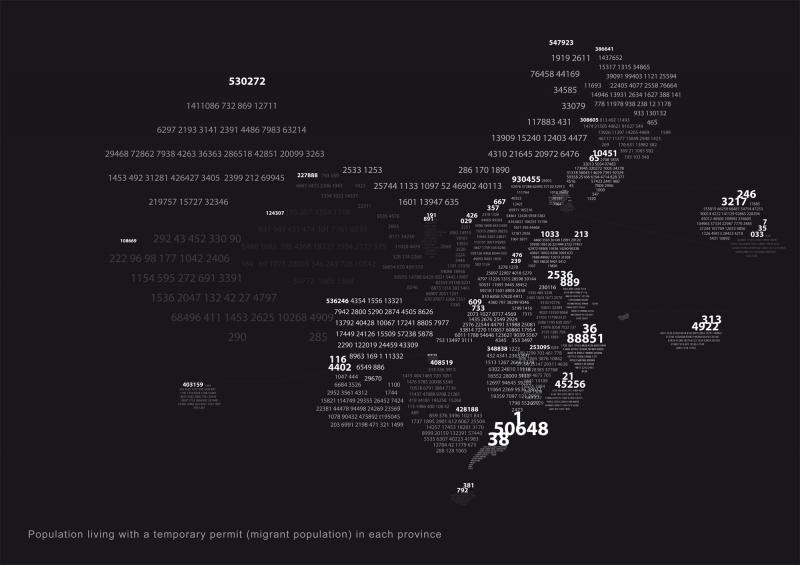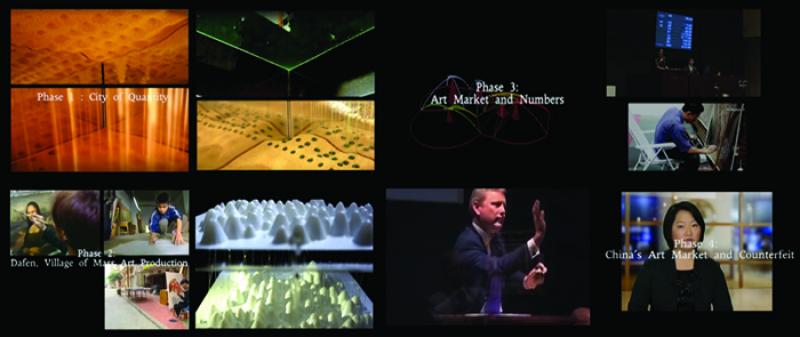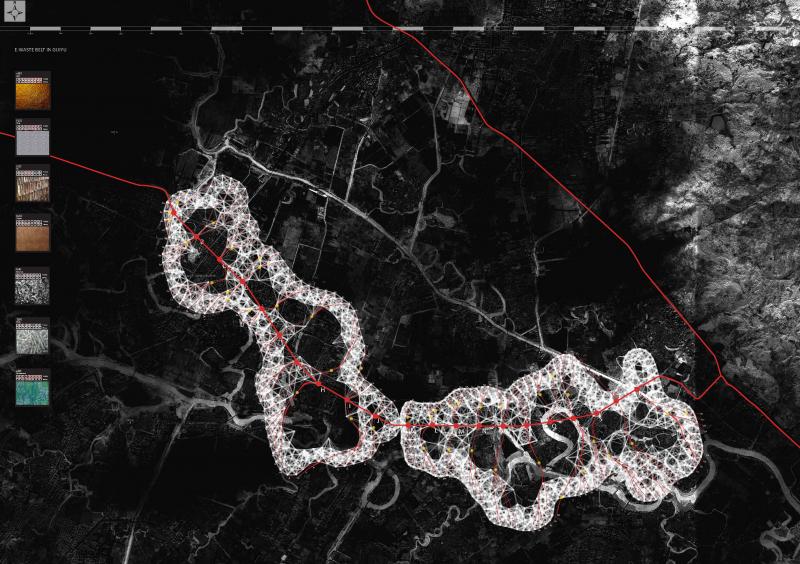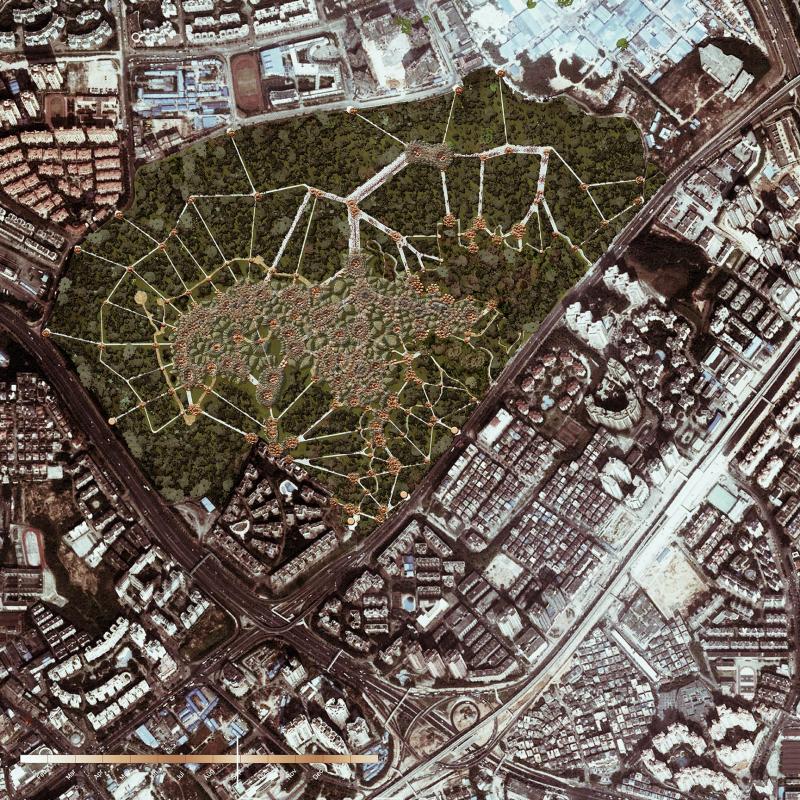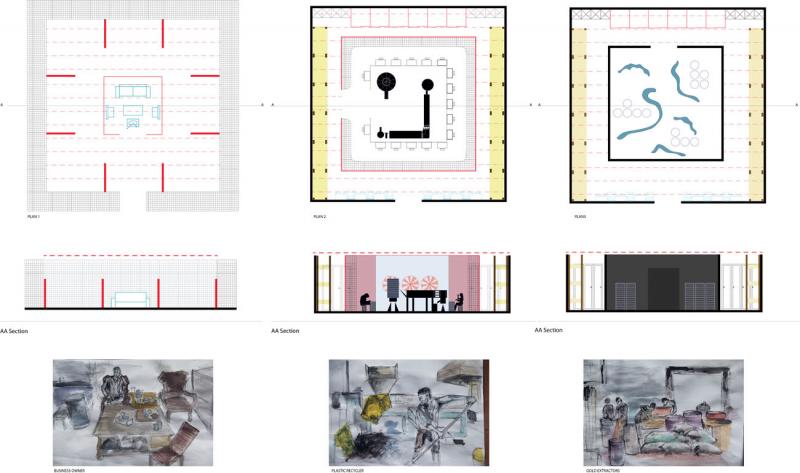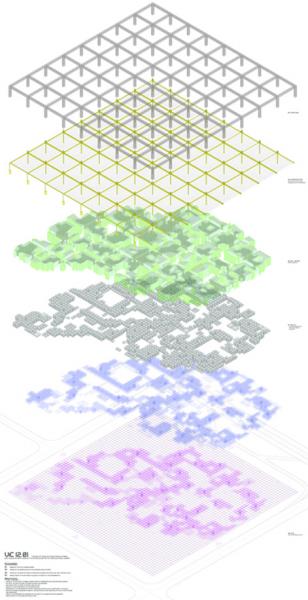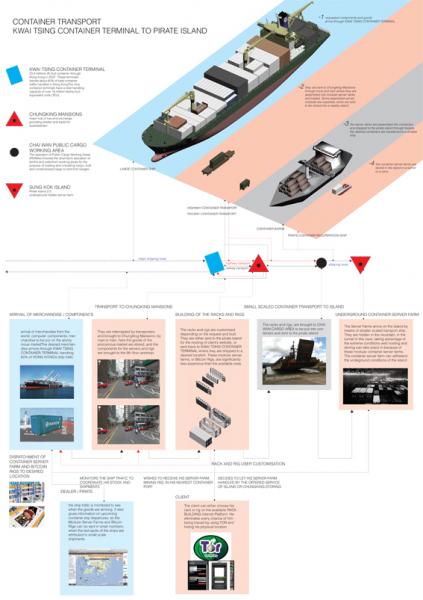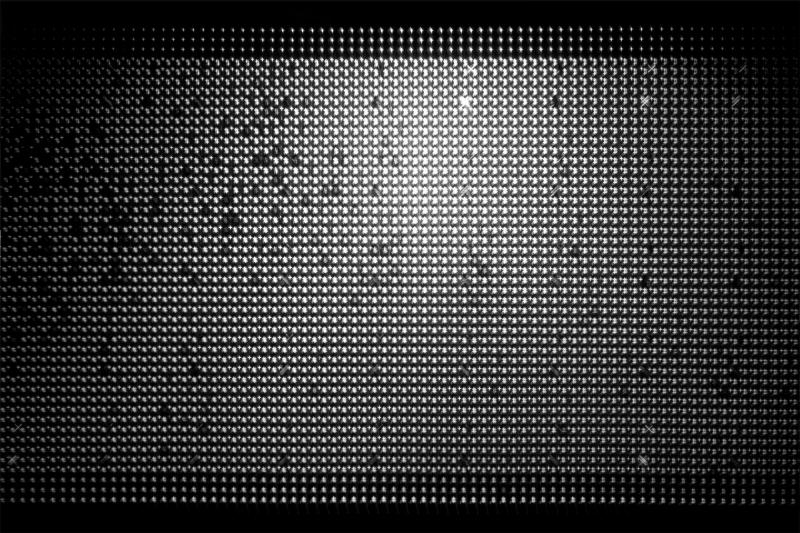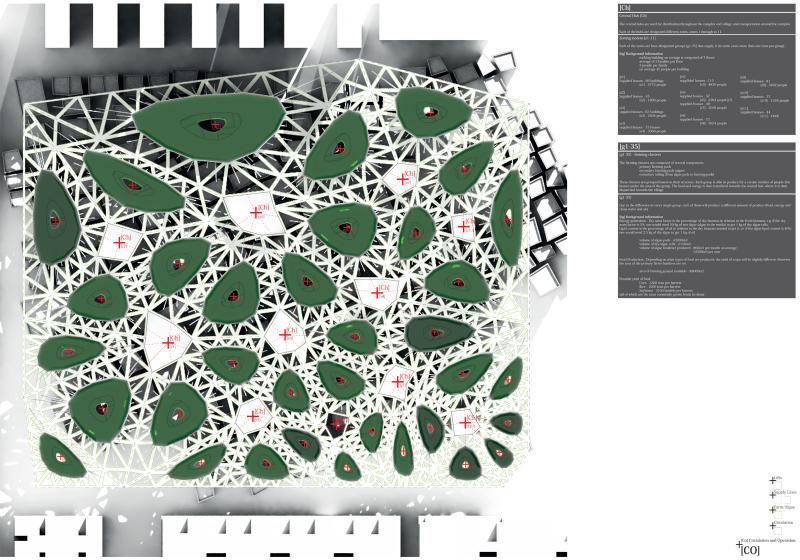In the words of Andrea Branzi, ‘the metropolis of the information age is not…the capital of technology; it is rather the land of the humane’. This year Intermediate 10 experienced this urban condition by travelling to one of the most intensely urbanised regions of the world, the Pearl River Delta in China. This area is a manufacturing landscape producing 90 per cent of the world’s technological gadgets and yet its urbanity is shaped by the daily routine of millions of migrant workers – ‘the astronauts’ – who have left their families behind to join this new wave of prosperity.
These workers’ social struggles, their urban ‘inventions’, their opportunism as well as their desires, inspired the projects of Intermediate 10, with the year devoted to designing city prototypes for worker. The material and phenomenological aspects informed new landscapes of urban production and agri-cultivation (Cyborg Village, Algae Farming Temple, Bit-Coins Mine, etc) and the political aspects informed a series of digital applications for urban participation (the urban codes). The former provided a strategic framework for development, framing urban life, introducing environmental remediation and evolving energetic self-sufficiency, while the latter attempted to breed the opportunities found in bottom-up participation.
We devoted Term 1 to an exploration into the self-organisation of neo-urban communities, mainly though specific research on Chinese migrant workers, readings of Branzi’s work and the reloading of his most radical project, No-Stop City (1969). Additionally, a dedicated digital workshop on Applet design allowed us to develop socially focused applications. Term 2 was entirely devoted to material systems development (from ecologic and energetic infrastructure), dedicated technologies and site-specific urban design strategies. The final proposals in Term 3 then conceived as mechanisms capable of negotiating the strategies along with the tactics and material prototypes and urban codes. Ultimately, we crafted new workers’ cities as synthetic landscapes of urban co-action, fertile territories of socio-political engagement and sustainable urban machines for the Chinese metropolis of the information age.
Seminars and Workshops
Lawrence Freisen
Immanuel Koh
Andrea Bugli
Guest List
Jeroen van Ameijde
Alisa Andrasek
Ana Araujo
Lucy Bullivant
Alessio Carta
Calvin Chua
Luke Currall
Christina Doumpioti
Francesco Draisci
Maria Fedorchenko
David Greene
Efrén García Grinda
Marco Guarnieri
Susannah Hagan
Samantha Hardingham
Tobias Klein
Katya Larina
Fabrizio Matillana
Cristina Díaz Moreno
Charlotte Newman
Vanessa Norwood
Tatiana von Preussen
Lee Regan
Eduardo Rico
Takero Shimazaki
Eva Sopeoglou
Douglas Spencer
Brett Steele
Ivan Valdez
Tom Verebes
Michael Weinstock
